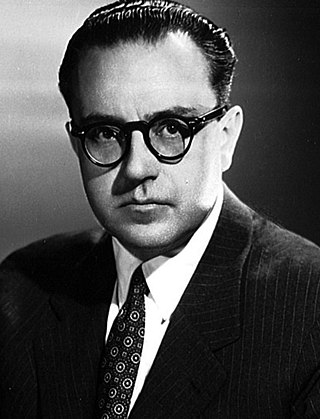
Alberto Evaristo Ginastera was an Argentine composer of classical music. He is considered to be one of the most important 20th-century classical composers of the Americas.

The Cenci. A Tragedy, in Five Acts (1820) is a verse drama in five acts by Percy Bysshe Shelley written in the summer of 1819, and inspired by a real Roman family, the House of Cenci. Shelley composed the play in Rome and at Villa Valsovano near Livorno, from May to 5 August 1819. The work was published by Charles and James Ollier in London in 1819. The Livorno edition was printed in Livorno, Italy by Shelley himself in a run of 250 copies. Shelley told Thomas Love Peacock that he arranged for the printing himself because in Italy "it costs, with all duties and freightage, about half of what it would cost in London." Shelley sought to have the play staged, describing it as "totally different from anything you might conjecture that I should write; of a more popular kind... written for the multitude." Shelley wrote to his publisher Charles Ollier that he was confident that the play "will succeed as a publication." A second edition appeared in 1821, his only published work to go into a second edition during his lifetime.

Beatrice Cenci was a Roman noblewoman imprisoned by her father, who repeatedly raped her. To escape the abuse and get away from the house, she killed him. The story of the murder and what led up to it shocked Europe. Despite outpourings of public sympathy, Beatrice Cenci was beheaded in 1599 after a lurid murder trial in Rome that gave rise to an enduring legend about her.

Don Rodrigo is an opera in three acts by Alberto Ginastera, the composer's first opera, to an original Spanish libretto by Alejandro Casona. Ginastera composed the opera on commission from the Municipality of the City of Buenos Aires, Argentina. The first performance was at the Teatro Colón, Buenos Aires, Argentina on 24 July 1964 with Carlo Cossutta in the title role. The production was directed by Jorge Petraglia and conducted by Bruno Bartoletti.

Bomarzo is an opera in two acts by the Argentinian composer Alberto Ginastera, his Opus 34. He set a Spanish libretto by Manuel Mujica Laínez, based on his 1962 novel about the 16th-century Italian eccentric Pier Francesco Orsini.
Jack Hamilton Beeson was an American composer. He was known particularly for his operas, the best known of which are Lizzie Borden, Hello Out There!, and The Sweet Bye and Bye.
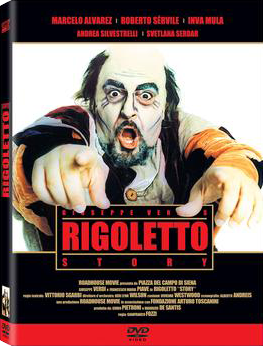
Giuseppe Verdi's Rigoletto Story (2005) is a film version of Giuseppe Verdi's 1851 opera Rigoletto. Filmed in Siena in 2002, it was directed by Gianfranco Fozzi and produced by David Guido Pietroni and Maurizio De Santis distributed worldwide by Columbia TriStar Home Entertainment and Sony Pictures Home Entertainment.

The Nightingale and the Rose is a chamber opera in one act by Russian composer Elena Firsova written to her own English libretto after Oscar Wilde’s story of the same name together with poetry by Christina Rossetti.
Tiriel, Op. 41, is a 1985 opera by the Russian composer Dmitri Smirnov in three acts with a symphonic prologue to his own English libretto after a poem of the same title by William Blake. It has been translated into Russian and German. It was first performed at the Stadttheater Freiburg on 28 January 1989.
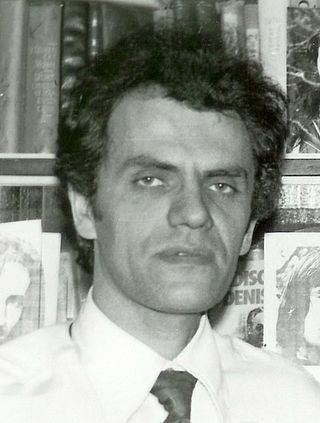
The Devil in Love is an opera in three acts by Alexander Vustin. The libretto was written in Russian by Vladimir Khachaturov, based on the 1732 novel The Devil in Love by Jacques Cazotte. Completed in 1989, it was premiered on 15 February 2019 at the Stanislavski and Nemirovich-Danchenko Theatre in Moscow.
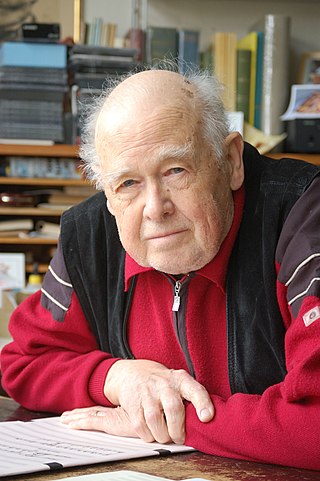
Die Räuber, Op. 25, is an opera in four acts by Giselher Klebe who also wrote the libretto based on the play by Friedrich Schiller.

Die Ermordung Cäsars, Op. 32, is an opera in one act by Giselher Klebe who also wrote the libretto based on the translation by August Wilhelm von Schlegel of Shakespeare's play Julius Caesar.

The Last Supper is an opera with music by Sir Harrison Birtwistle to an English and Latin libretto by Robin Blaser. Birtwistle composed the music over the period written in 1998–1999. The world premiere was given by the Berlin State Opera on 18 April 2000, with the production directed by Martin Duncan and conducted by Daniel Barenboim. It was subsequently performed by the Glyndebourne Touring Opera in October/November 2000 and the following summer at the 2001 Glyndebourne Festival. Many of the original cast returned for two concert performances at the Piccolo Teatro Studio Expo, Milan and the Teatro Valdocco, Turin on 4–5 September 2008 with the London Sinfonietta, conducted by Elgar Howarth as part of the Settembre Musica festival.
The Sacrifice is an opera in three acts composed by James MacMillan with a libretto by the poet Michael Symmons Roberts based on the Branwen story of the Welsh mythology collection, the Mabinogion. The world premiere took place on 22 September 2007 at the Donald Gordon Theatre of the Wales Millennium Centre, Cardiff. The production was staged by Welsh National Opera, directed by Katie Mitchell and conducted by the composer.
William Mayer was an American composer, best known for his prize-winning opera A Death in the Family.
Vinkensport, or The Finch Opera is a comic opera in one act by David T. Little to a libretto by Royce Vavrek.

Beatrice Cenci is a 1956 French-Italian historical drama film directed by Riccardo Freda and starring Micheline Presle, Gino Cervi and Fausto Tozzi. It is a biopic of Beatrice Cenci, a young Roman noblewoman who murdered her abusive father, Count Francesco Cenci.
Beatrice Cenci is an opera by German composer Berthold Goldschmidt based on the Shelley play The Cenci. Composed in 1949 to an English libretto by Martin Esslin, the opera won first prize in the Festival of Britain opera competition in 1951 but was not performed until 1988.
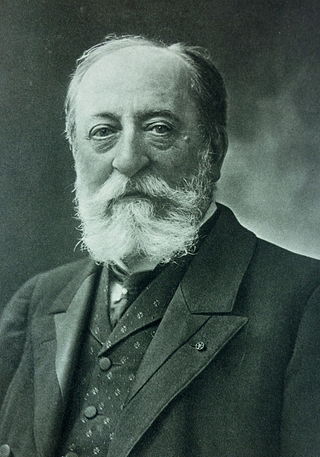
Étienne Marcel is an 1879 opera in 4 acts by Camille Saint-Saëns to a libretto by Louis Gallet.










